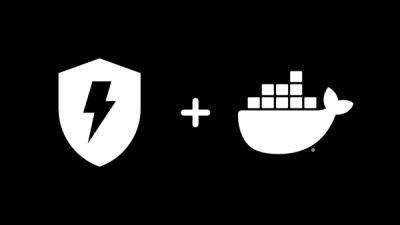geth.js



Start and stop geth from Node.js.
Usage
$ npm install geth
To use geth.js, simply require it:
var geth = require("geth");
Starting and stopping geth
geth's start method accepts a configuration object, which uses the same flags as the geth command line client. (Here, the flags are organized into an object.) Flags that are not accompanied by a value on the command line (for example, --mine) should be passed in as { flag: null }.
var options = {
networkid: "10101",
port: 30303,
rpcport: 8545,
mine: null
};
geth.start(options, function (err, proc) {
if (err) return console.error(err);
});
The callback's parameter proc is the child process, which is also attached to the geth object (geth.proc) for your convenience.
When you and geth have had enough lively times, stop kills the underlying geth process:
geth.stop(function () {
});
Listeners
The callback for start fires after geth has successfully started. Specifically, it looks for "IPC service started" in geth's stderr. If you want to change the start callback trigger to something else, this can be done by replacing geth's default listeners. geth.start accepts an optional second parameter which should specify the listeners to overwrite, for example:
{
stdout: function (data) {
process.stdout.write("I got a message!! " + data.toString());
},
stderr: function (data) {
if (data.toString().indexOf("Protocol Versions") > -1) {
geth.trigger(null, geth.proc);
}
},
close: function (code) {
console.log("It's game over, man! Game over!");
}
}
In the above code, geth.trigger is the callback passed to geth.start. (This callback is stored so that the startup trigger can be changed if needed.) These three listeners (stdout, stderr, and close) are the only listeners which can be specified in this parameter, since only these three are set by default in geth.start.
If you want to swap out or add other listeners (after the initial startup), you can use the geth.listen convenience method:
geth.listen("stdout", "data", function (data) { process.stdout.write(data); });
This example (re-)sets the "data" listener on stdout by setting geth.proc.stdout._events.data = function (data) { process.stdout.write(data); }.
Tests
geth.js's tests use ethrpc to send some basic requests to geth.
$ npm test



